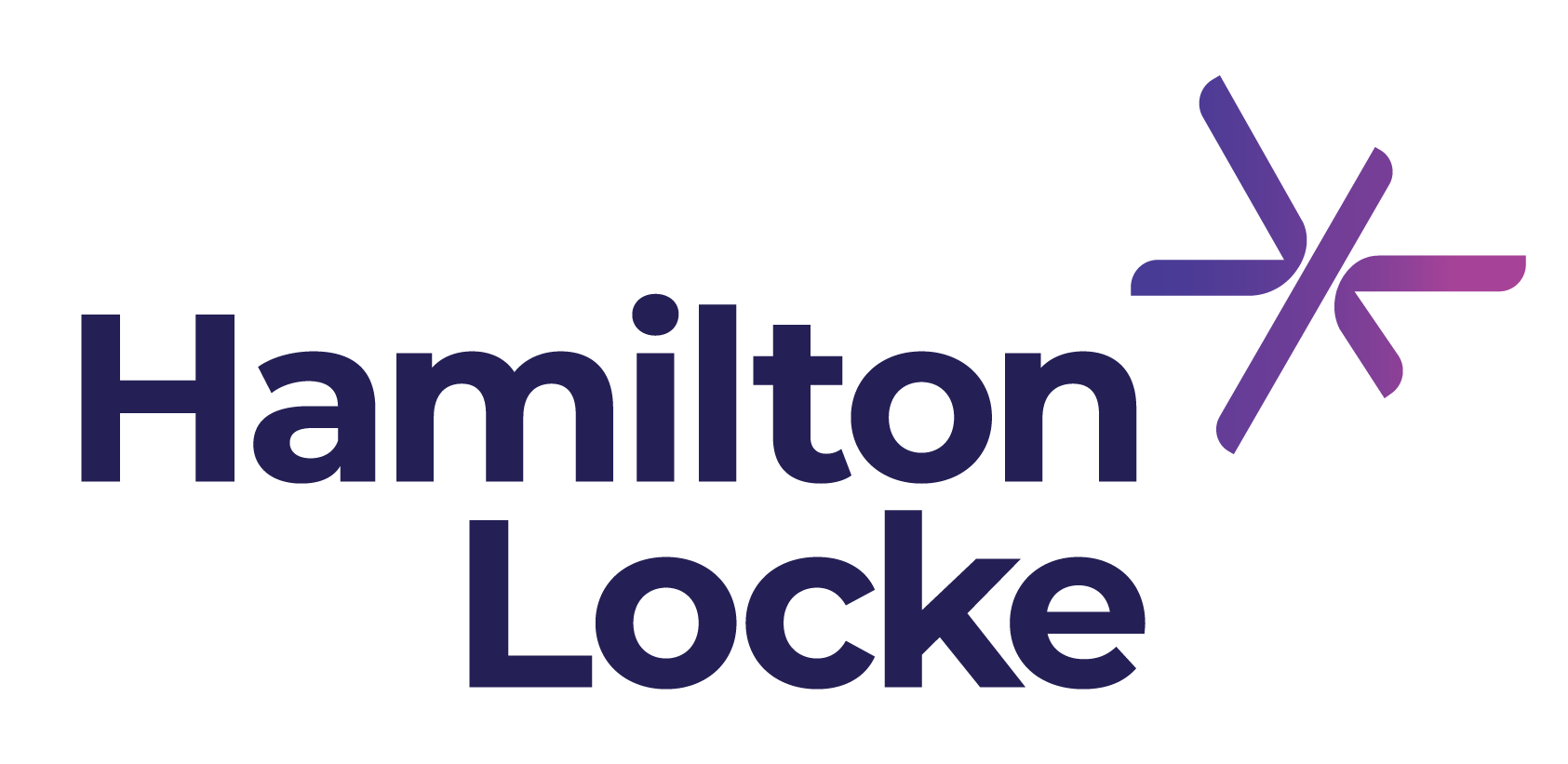WILL A DEFERRED SALES MODEL SPELL THE END FOR ADD ON INSURANCE?
Published on Nov 25, 2019

The Royal Commission recommended that Treasury lead a working group to develop an industry-wide deferred sales model (DSM) to be implemented as soon as possible.
The situation so far
Treasury released a Proposal Paper which proposed an industry-wide 4-day DSM with three tiers of regulation for add-on insurance. One tier includes the use of the product intervention power to regulate the offer of high-risk add-on insurance. ‘Add-on’ insurance is sold alongside a primary good or service (for example, selling extended warranty insurance to a consumer who purchases a motor vehicle).
Add-on insurance products, especially those sold through caryard intermediaries, have historically posed a number of problems including:
- Pressure-selling;
- Poor product-value;
- Weak or reverse competition (where product providers compete for distribution, not customers); and
- Consumer fatigue and disengagement.
ASIC then released a Consultation Paper as part of its product intervention powers which proposed exercising its product intervention powers to impose:
- An immediate mandatory 4-day deferred sales period for all add-on products sold through caryard intermediaries;
- Use of a consumer roadmap and additional information/metrics to assist consumers to assess the offer of an add-on product; and
- Additional product design changes and restrictions for the sale of mechanical breakdown warranty products where a manufacturer’s warranty exists.
Industry-wide implications
Under the proposed DSM for add-on insurance sold in caryards, there will be increased compliance costs for businesses in:
- Implementing new policies;
- Training staff; and
- Conducting monitoring and supervisory activities.
A DSM of 2 clear days was implemented in the United Kingdom for the sale of consumer credit insurance products. After the first two years of the DSM in the UK, the Financial Conduct Authority evaluated the impact of their intervention including the DSM. Sales of add-on insurance products were reduced (by approximately 16%) but not significantly, customers did shop around more and they purchased other products but the price did not decrease in line with the FCA’s expectations.*
Until the full effect of other regulatory reforms is seen, product providers are wondering whether a DSM will be a ‘blunt’ instrument.
A shorter deferral period might give ASIC a chance to assess whether there are positive outcomes from the DSM or whether other recent regulatory reforms to improve consumer outcomes are having a greater impact, including:
- The ban on hawking insurance products;
- The proposed cap on commissions paid to caryard intermediaries;
- Design and distribution obligations including target market determinations;
- The unfair contract terms regime to apply to insurance products sold to consumers.
A DSM appears to be a foregone conclusion. So what are some of the key challenges for add-on product providers and intermediaries?
Financing
Add-on insurance products sold with motor vehicles are often subject to finance.
A 4-day delay between purchasing a vehicle and confirming that the consumer wants to purchase an add-on insurance product means it can’t be included in the finance application on the day the consumer purchases the vehicle.
Will financiers make allowances for the DSM so that consumers who still want to access finance, can do so for both their vehicle and the product at the end of the DSM? If financiers do not support the sale of add-on products, more expensive options like premium finance and personal loans will reduce affordability for consumers.
Direct sales
The DSM doesn’t apply to direct sales which means that a caryard intermediary can refer customers to a third party or call centre who will offer the insurance directly and immediately. This will not be caught by ASIC’s product intervention – so some of the important consumer protections ASIC has proposed to improve the quality of the product and give the customer information to make a purchasing decision including the consumer roadmap, restrictions on the sale of some products (where the vehicle has a manufacturer’s warranty) and product design improvements will not apply.
Product metrics
Product providers selling add-on products in caryards may be required to provide metrics about their products to customers prior to a sale, including information to customers about the claims loss ratio. This is intended to guide them in deciding whether the product provides value for money.
This is a legal minefield if there is incomplete or inaccurate information, or if each provider records the data differently. It is particularly problematic if the product provider has limited data sets (i.e. they have not been offering the product for very long). It could result in misleading and deceptive conduct if it is relied on by consumers to make a purchasing decision.
If ASIC was responsible for collecting and releasing this data at an industry level, this might ensure that the data is collected using consistent and reliable methodologies and mitigate the risk that product providers might publish misleading information.
Commercial and educated/well-informed consumers
There is no ability for a consumer to end the 4-day DSM period early where they are purchasing an add-on product through a caryard intermediary (even though Treasury has proposed an early opt-out for other types of add-on products). This means that even where the consumer is a small business user and has done the research or is well-informed about the product and can make their own assessment, they must wait out 4 days to purchase.
An option to end the DSM period earlier seems a sensible outcome for those customers who understand what they are buying and who require the product quickly.
Best case scenario
When ASIC and Treasury finalise the draft legislation, it is important that consumer protection is balanced with consumer convenience.
If you offer add-on products and want to understand how the proposed DSM will impact your business, get in touch – we’d be happy to help.
*Source: https://www.fca.org.uk/publication/corporate/gap-insurance-intervention-evaluation-paper.pdf
Charmian Holmes, Jaime Lumsden, Lydia Carstensen
November 2019


